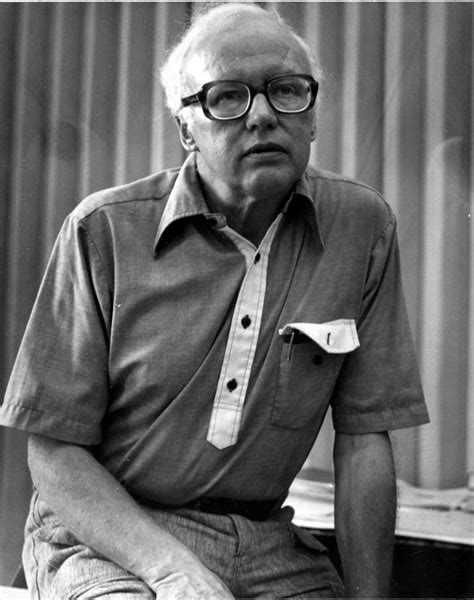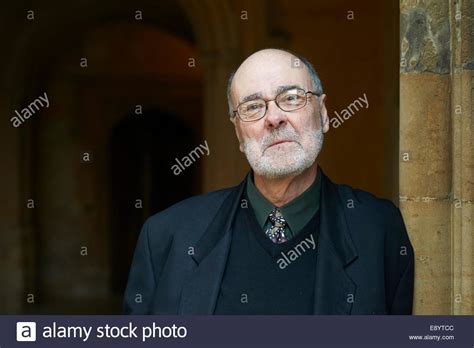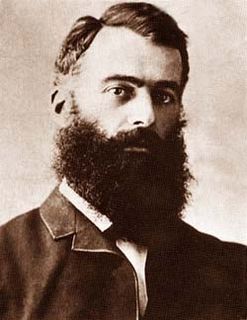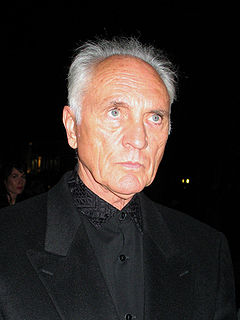A Quote by John D. MacDonald
As I holed up in the City of Angels, I was also aware of a comforting feeling of anonymity. In the world's biggest third-class city I could pass unnoticed. I spoke the language. I was familiar with the currency. I could drink the water. I could almost breathe the air, late April air, compounded of interesting hydrocarbons.
Related Quotes
Being a resident of the city and spending most of my time in the city, I've always been perplexed with how people could say there's nothing to do and nothing going on in Detroit, and how could you raise your family in Detroit. My reality is that I hang around with some of the most interesting creative people in the world, people doing things that could only be done in Detroit.
He existed a step or two to one side of the common world, largely out of sight, a shadow, all but invisible. Whatever he owned, either he could hoist it on his back and lug it along or he could walk away from it. Anonymity was the thing he loved most about the city, being a part of it and apart from it at the same time.
But even so, every now and then I would feel a violent stab of loneliness. The very water I drink, the very air I breathe, would feel like long, sharp needles. The pages of a book in my hands would take on the threatening metallic gleam of razor blades. I could hear the roots of loneliness creeping through me when the world was hushed at four o'clock in the morning.
Don't you know that if people could bottle the air they would? Don't you know that there would be an American Air-bottling Association? And don't you know that they would allow thousands and millions to die for want of breath, if they could not pay for air? I am not blaming anybody. I am just telling how it is.
We are very encouraged that the results from our monitoring of air quality and drinking water conditions in both New York and near the Pentagon show that the public in these areas is not being exposed to excessive levels of asbestos or other harmful substances. I am glad to reassure the people of New York and Washington, D.C. that their air is safe to breathe and their water is safe to drink.




































